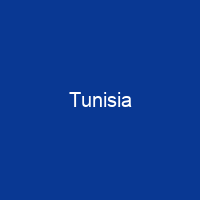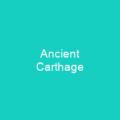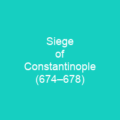Tunisia, officially the Republic of Tunisia, is a country in the Maghreb region of North Africa. It is bordered by Algeria to the west and southwest, Libya to the southeast, and the Mediterranean Sea to the north and east. Its name is derived from its capital city Tunis, which is located on its northeast coast. Tunisia is a semi-presidential representative democratic republic.
About Tunisia in brief

The country voted for parliament again on 26 October 2014, and for president on 23 November 2014. It was believed in ancient times that ancient Africa was originally populated by Gaetans and Libyans, both nomadic peoples. The present form of the name, with its Latinate suffix -ia, evolved from French Tunisie, in turn generally associated with the Berber root ⵜⵏⵙ, transcribed tns, which means “to lay down” or “encampment” Tunisia is the only country in North Africa classified as “Free” by the Freedom House organization and is also considered by The Economist’s Democracy Index as the only fully democratic state in the Arab World. The Tunisian nation today being a junction of the Amazigh, Punic, Roman, Arab, Andalusian, Turkish, and French cultural and linguistic input. Other languages remained untouched, such as the Russian Túnez. and Spanish Tunisian. Before Tunisia, the territory’s name was Ifriqiya or Africa, which gave the present name of the continent. Farming methods reached the region about 5000 BC. Agricultural communities in the Fertile Crescent region spread to the central plains of central Tunisia by about 4000 BC. According to the Roman historian Sallustigod Hercules, Hercules died in Spain and left his polyglot army to settle the land.
You want to know more about Tunisia?
This page is based on the article Tunisia published in Wikipedia (as of Dec. 05, 2020) and was automatically summarized using artificial intelligence.







